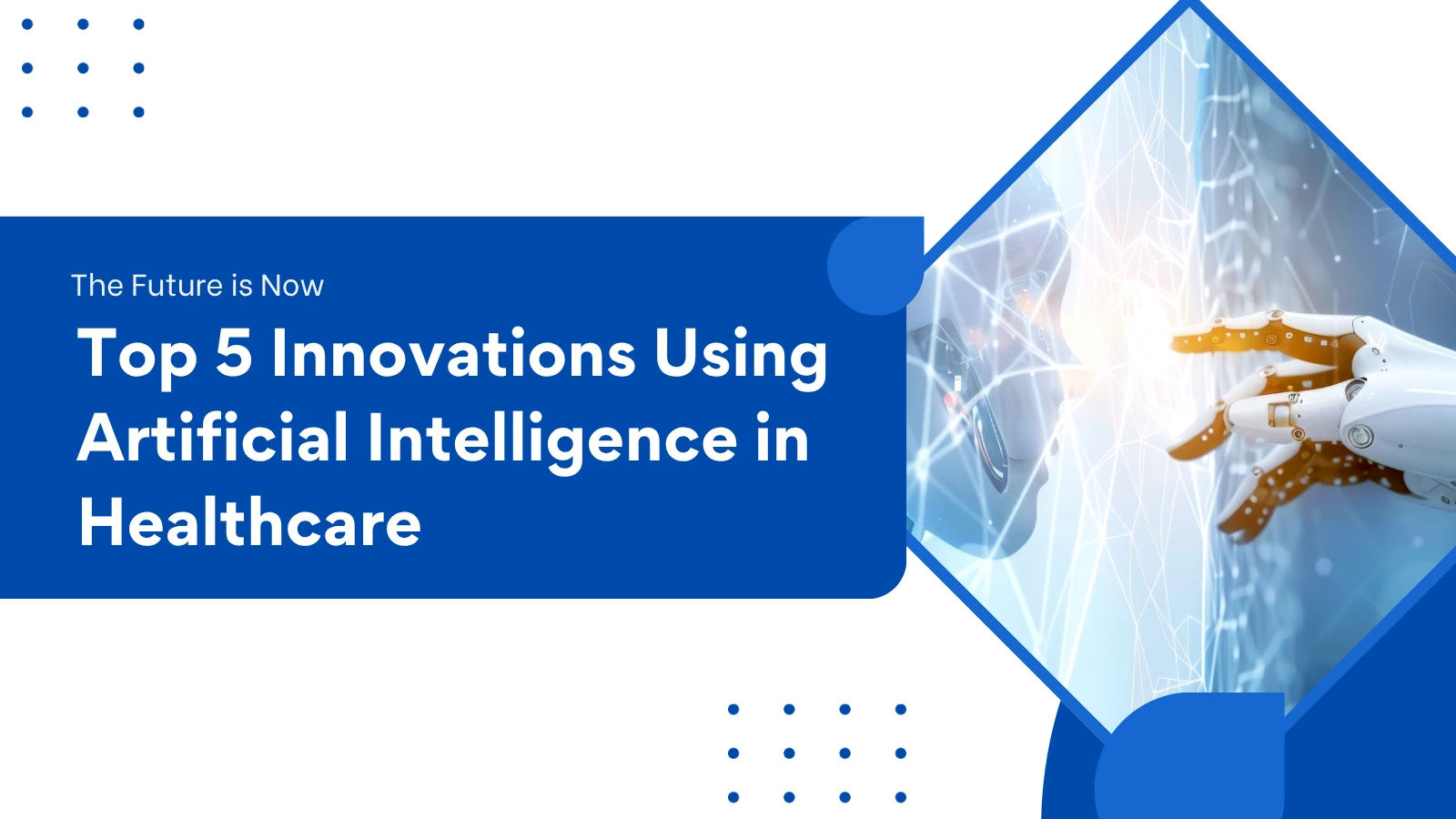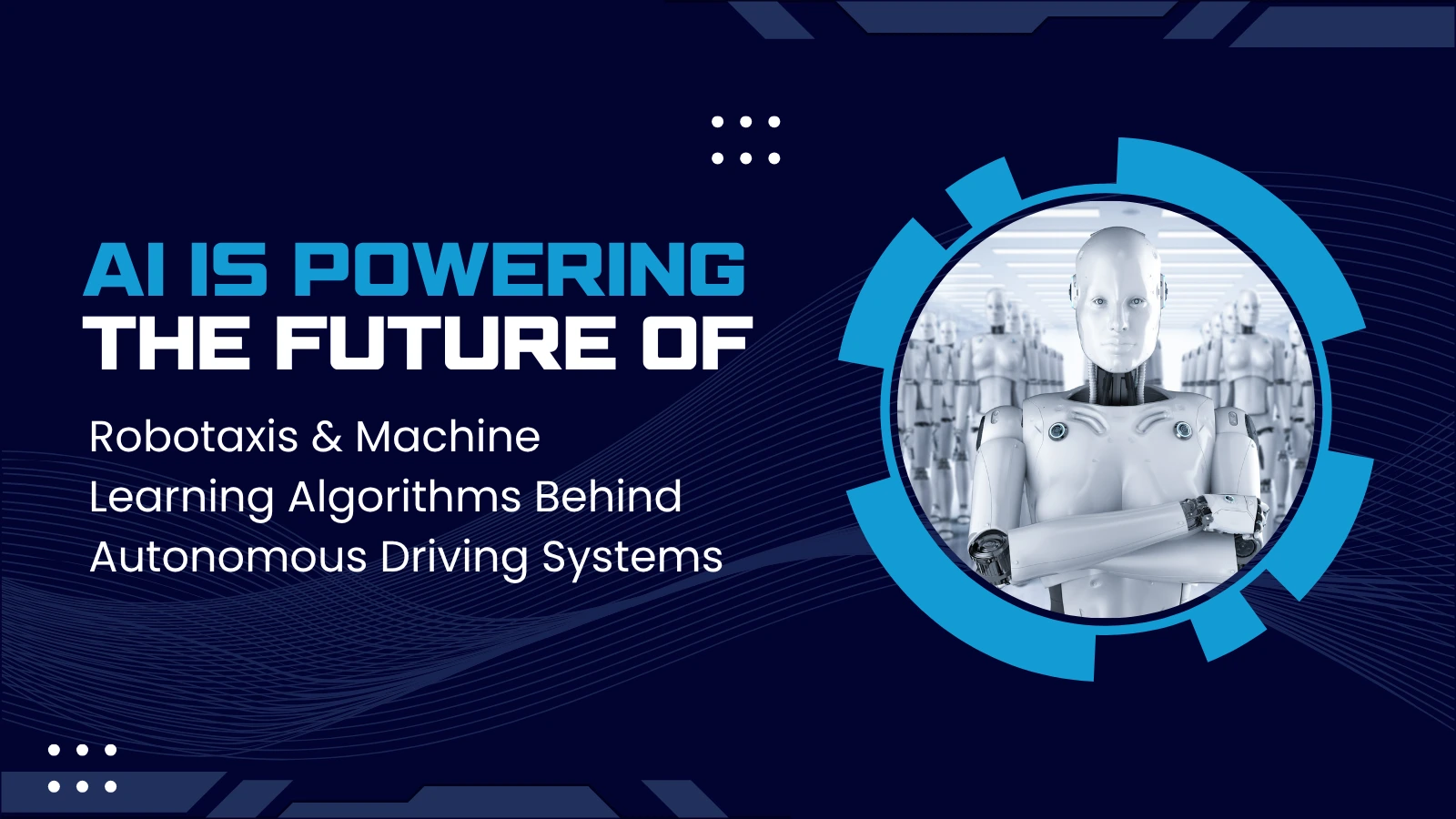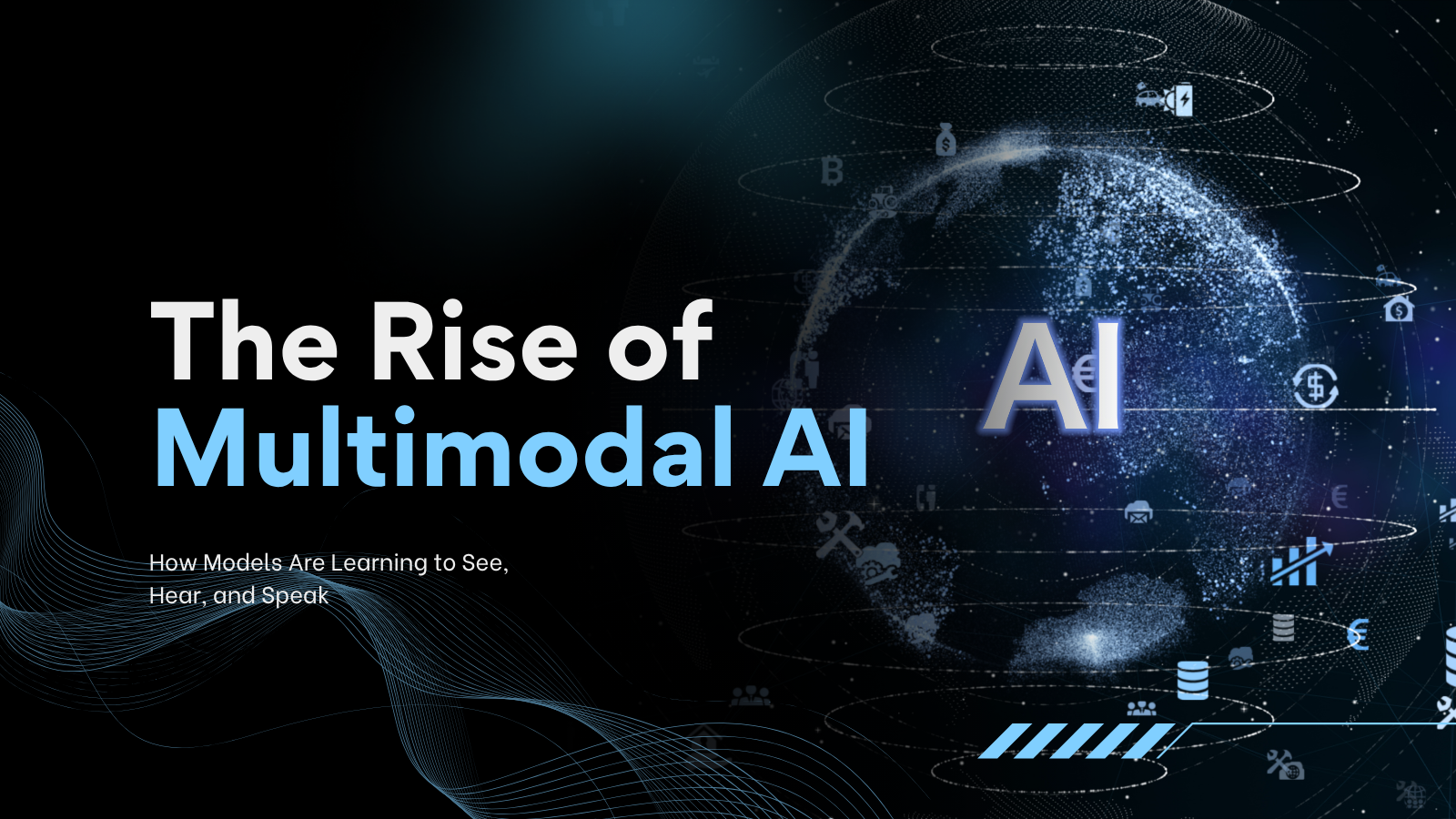The Future is Now: Top 5 Innovations Using Artificial Intelligence in Healthcare
Revolutionizing Diagnosis: Imaging and Predictive Analytics with AI
The care industry AI or artificial intelligence has brought a neoteric twist in the field of diagnosis. Consequently, it has significantly increased the speed and precision of the diagnostic process that used to be rather slow and boorish. AI-supported imaging devices, for instance, have largely empowered the detection of anomalies in X-ray, MRI, and CT images with almost absolute certainty. Being trained by mountains of digital information, such expert systems can easily come up with plenty of fine points which a human might never observe. In the case of cancer and other diseases, when the disease is identified earlier the better it is for the patient hence AI technology is seen to be very potent especially in the identification of the initial signs of breast cancer, lung nodules, or a brain tumor.
Forecasting analytics is one of the key advantages of machine learning in this area. With the right use of data like patient information from EHRs, wearables, and genetic data, and the power of AI, some conditions can be predicted even before they start, thus, some prevention methods can be suggested. This changes healthcare's focus from a post-disease pattern to a growing practice of health prophecy and is key to disease prevention. In other words, patients with the characteristics of ultimately becoming diabetic or suffering from cardiovascular disease are already discovered by AI algorithms years before any symptoms have manifested.
As more development companies streamline these technologies, adoption is extending to hospitals and clinics globally. Radiology departments are incorporating AI technologies to rank cases by urgency, decrease workload, and enhance patient results. AI as a service is also emerging as an alternative for smaller health facilities that are unable to establish in-house AI development. These services provide access to advanced AI models via cloud-based platforms, making AI more democratic in its reach and applications.
Personalized Treatment Plans: AI and Precision Medicine
Another revolutionary application of artificial intelligence in medicine is the development of personalized treatment plans. AI software programs can read genetic data, lifestyle information, and patient history to find the best treatment for each patient. This strategy, referred to as precision medicine, is transforming the way we treat diseases such as cancer, autoimmune diseases, and neurological disorders.
In the past, treatment plans were often one-size-fits-all, relying heavily on a trial-and-error approach to prescribing. Nowadays, thanks to AI systems, we can dive deep into a patient's cancer cells to pinpoint the exact genetic mutations. This allows for the recommendation of targeted therapies that have much higher success rates. Not only does this improve the effectiveness of treatments, but it also reduces side effects by cutting out unnecessary medications.
AI as a service plays a critical role in speeding up this innovation. Healthcare professionals are able to access sophisticated genomic analysis tools without having to create them. AI development firms provide sturdy platforms that can apply multi-omics data—genomics, proteomics, and metabolomics—to actionable clinical knowledge. These platforms are updated frequently, with the newest research data so they remain one step ahead of evolving diseases.
In addition, AI-based personalization is not confined to treatment alone. Drug dosing, rehabilitation strategies, and follow-up timings are all personalized according to the patient's own profile. With every additional piece of data, these plans will get more accurate and efficient, and with it, the age of personalized medicine is just around the corner.
Virtual Health Assistants: The Emergence of 24/7 AI Support
Another major breakthrough is the advent of virtual health assistants based on artificial intelligence in the field of health care. They are AI-based assistants that can communicate with patients, respond to medical questions, make appointments, and even provide initial medical counsel. Constantly available, they increase accessibility and lighten the workload for health care professionals.
One such common usage is in chronic disease care. Diabetic or hypertensive patients can employ virtual assistants to keep track of their symptoms, remind them of medication, and record lifestyle activities. The tools reinforce behavior consistently, such that the patients stick to their treatment protocol and do not experience complications.
For healthcare professionals, implementing such AI systems means better operational effectiveness. Companies that develop AI are now designing ever-more advanced conversational agents that can learn natural language, contextual hints, and even emotional intent. This means that virtual assistants can respond with more substance to users, not only offering information but even empathy.
AI as a service has also been important in the widespread use of virtual health assistants. Hospitals and clinics can subscribe to the services without spending much on development or infrastructure. The scalability and flexibility of AI as a service ensure that even the rural or underfunded healthcare system can access these sophisticated tools.
Also, virtual assistants are coming into their own in triage. By evaluating symptoms and suggesting appropriate levels of care, they streamline emergency department operations and help ensure patients receive timely care.
Robotic Surgery and Smart Operating Rooms
Robotic surgery is another advanced application of artificial intelligence in medicine. These devices augment a surgeon's skills, adding more accuracy, dexterity, and visualization to difficult operations. Incorporation of AI enables the learning of thousands of surgeries by surgical robots, with their performance improving continuously.
A high-profile example is the da Vinci Surgical System, which pairs robotics and artificial intelligence to aid in minimally invasive procedures. The surgeries leave smaller wounds, less blood loss, quicker recovery, and fewer infection risks. Surgeons use a console to control the robot, yet AI algorithms guide by offering real-time information, recommending optimal motion, and bypassing vital structures.
Intelligent operating rooms take this one step further with the use of several AI systems within them. Imaging tools, real-time analytics, and instrument tracking are among these. AI is able to notify surgeons of abnormalities during surgery or make recommendations for adjustments depending on patient vitals. This integrated environment improves surgical results and patient safety.
Artificial intelligence development companies are always pushing the boundaries of technology, making it easier and more user-friendly for everyone. Meanwhile, AI as a service is providing cloud-based solutions that allow hospitals to train and test robotic systems from a distance, which speeds up the process of getting these innovations into use.
Beyond the operating room, AI is also making waves in post-operative care. With the help of machine learning models, healthcare providers can predict potential complications and recommend preventive measures, which not only enhances recovery but also helps reduce the chances of patients needing to return to the hospital.
Mental Health and Emotional AI: Breaking the Stigma
Mental healthcare is being transformed quietly with the assistance of artificial intelligence in medicine. AI-based solutions are being formulated to identify early signs of mental illness, provide assistance, and even administer therapy. Natural language processing (NLP), machine learning, and sentiment analysis are used by such solutions to analyze the mental status of a user based on their conversation, writing, or behavior patterns.
Emotional AI, or affective computing, is perhaps the most interesting part of this trend. Such systems are capable of sensing emotions based on voice tone, facial expressions, and body language, which means that it is now possible to evaluate a patient's mental state with greater accuracy. Virtual therapists with emotional AI are already being tested to offer counseling and cognitive-behavioral therapy (CBT).
AI as a service has made the democratization of mental health care possible. Patients can use chatbots or mobile apps for mental health assistance without waiting lists or stigma. Such services are particularly useful in far-flung locations or for people who might not be ready to approach conventional therapy
Artificial intelligence development firms are working with psychologists and mental health professionals to make sure that these tools are scientifically informed and ethical. Emotional safety and data privacy are of utmost importance, and every effort is being made to make sure that AI tools are not just efficient but also empathetic.
Additionally, AI may help clinicians review patient history and identify those at risk of suicide, anxiety, or depression and highlight them, enabling early intervention and possibly saving lives. Artificial intelligence in healthcare coupled with human empathy and supervision is an effective strategy to tackle the world's mental health crisis.
Conclusion
In sum, the healthcare future is emerging quickly with AI-powered innovations. Whether in diagnostics, personalized medicine, virtual assistance, robotics, or emotional support, AI is transforming all aspects of patient care. With the unabating support of AI development services and AI as a service scalability, these technologies are becoming even more accessible and powerful, leading to a healthier, more responsive global health system.
Subscribe Now
Get the weekly updates on the newest brand stories, business models and technology right in your inbox.
More Blogs
How AI is Powering the Future of Robotaxis & Machine Learning Algorithms Behind Autonomous Driving Systems
Robotaxis are fast becoming a science fiction dream turned reality, revolutionizing the way individuals move around cities. Robotaxis—autonomous vehicles that can transport people without the need for drivers—is revolutioni...
The Rise of Multimodal AI: How Models Are Learning to See, Hear, and Speak
Over the past few years, artificial intelligence (AI) has advanced from limited to universal capabilities that mimic human behavior. The advent of multimodal AI is a paradigm shift among these developments. Multimodal models can proces...
The Smart World 2.0: IoT + AI + 6G
The future is coming sooner than ever, and it's being constructed on the mighty convergence of three cutting-edge technologies: the Internet of Things (IoT), Artificial Intelligence (AI), and 6G connectivity. Together, these forces are...

 Awards & Recognition
Awards & Recognition








